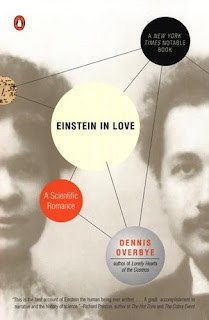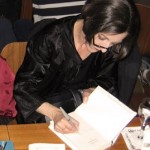 For the fiction readers amongst us, the thought of reading a science book may have a spinach-like feel. We know it’s good for us, but it’s kind of a bitter taste. Fans of science writing know better. In order to appeal to the lay reader, the scientist must not only be an expert in his or her field, but must also be a storyteller. The author must have the ability to synthesize complex information and present it in a way to engage the reader and keep those pages turning.
For the fiction readers amongst us, the thought of reading a science book may have a spinach-like feel. We know it’s good for us, but it’s kind of a bitter taste. Fans of science writing know better. In order to appeal to the lay reader, the scientist must not only be an expert in his or her field, but must also be a storyteller. The author must have the ability to synthesize complex information and present it in a way to engage the reader and keep those pages turning.
Richard Dawkin’s latest, The Greatest Show on Earth is a provocative look at evolution. Newsweek referred to Dawkin’s as “Darwin’s Rottweiler”. Dawkins says that in his previous books he began with the assumption that evolution was an accepted fact. In his latest he presents evidence of evolution to young-earth creationists. The Greatest Show on Earth is sure to inspire heated debate to those who are passionate about this polarized topic.
 Science writing also has the potential to present engaging character portraits. Einstein In Love: A Scientific Romance by Dennis Overbye focuses on Einstein’s early years and his sometimes complicated relationships with women. The reader gets a picture of Einstein’s work in the context of his personal relationships and the time in which he lived.
Science writing also has the potential to present engaging character portraits. Einstein In Love: A Scientific Romance by Dennis Overbye focuses on Einstein’s early years and his sometimes complicated relationships with women. The reader gets a picture of Einstein’s work in the context of his personal relationships and the time in which he lived.
 The techies and gearheads amongst us appreciate the science of everyday life. Fans of shows like How It’s Made and Mythbusters might enjoy Why Things Break by Mark Eberhart. He uses examples ranging from taffy to the Titanic to illustrate materials engineering.
The techies and gearheads amongst us appreciate the science of everyday life. Fans of shows like How It’s Made and Mythbusters might enjoy Why Things Break by Mark Eberhart. He uses examples ranging from taffy to the Titanic to illustrate materials engineering. 


